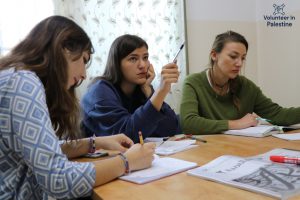Fun Facts About Palestinian Arabic Dialect by Volunteer in Palestine: Palestinian Arabic is the way people talk in Palestine. It’s not just one way of speaking, but many, depending on where you are in Palestine. It’s part of a big family of Arabic spoken in the region called Levantine Arabic (Shami dialect), which includes other countries like Jordan, Syria, and Lebanon. In this introduction, we’ll take a closer look at Palestinian Arabic—how it sounds, the words people use, and why it’s so important to Palestinian culture.
We’ll also explore how it’s influenced by history and how people are working to keep it alive for future generations. So, let’s dive in and discover the fascinating world of Palestinian Arabic! Here are some fun facts about the Palestinian Arabic dialect:
1. The First of Fun Facts About Palestinian Arabic Dialect Is Its Variety
Palestinian Arabic encompasses various dialects spoken by Palestinians across different regions, such as the West Bank, and Gaza Strip, Palestinian refugees in Jordan, Syria, and Lebanon, and Palestinian communities in Israel. Each region may exhibit its distinct pronunciation, vocabulary, and expressions.
| Native speakers | 13 Million Palestinians |
| Language family | Afro-Asiatic > Semitic |
| Dialects | Fellahi; Madani |
| Writing system | Arabic alphabet |
| Dialect varieties | Intelligible varieties of Levantine Arabic |
| Palestinian Alphabet | 28 letters |
2. Levantine Arabic Influence
Palestinian Arabic is akin to the Arabic spoken in Jordan, Syria, and Lebanon. Collectively, they form what we refer to as the Levantine Arabic family or Ammiya اللهجة العامية. Just as cousins often share similarities, Palestinian Arabic has many commonalities with these other dialects.
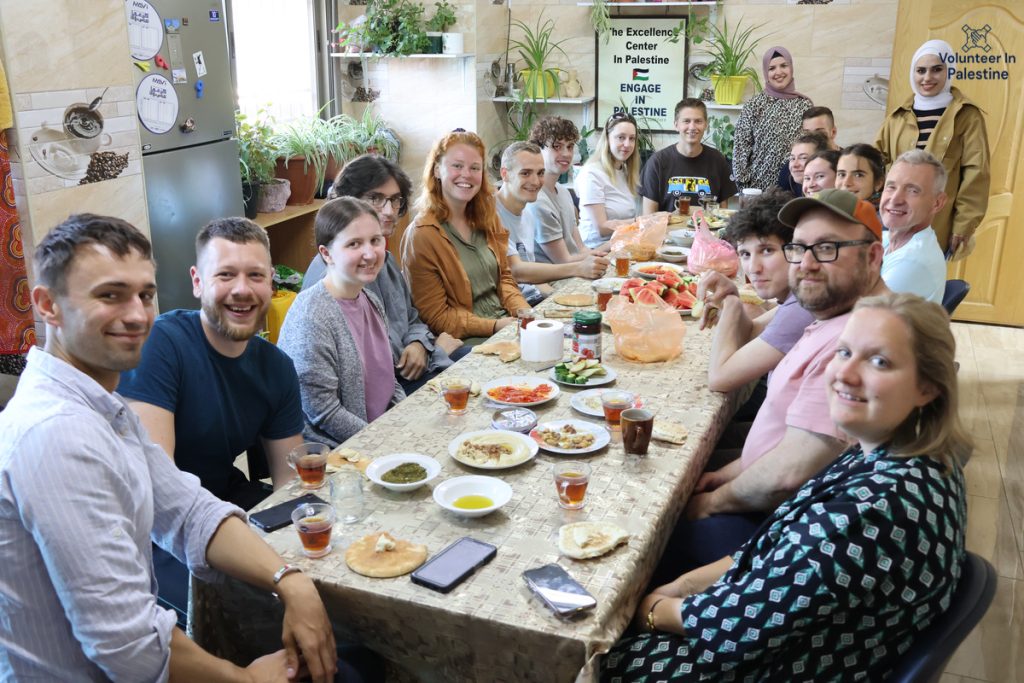
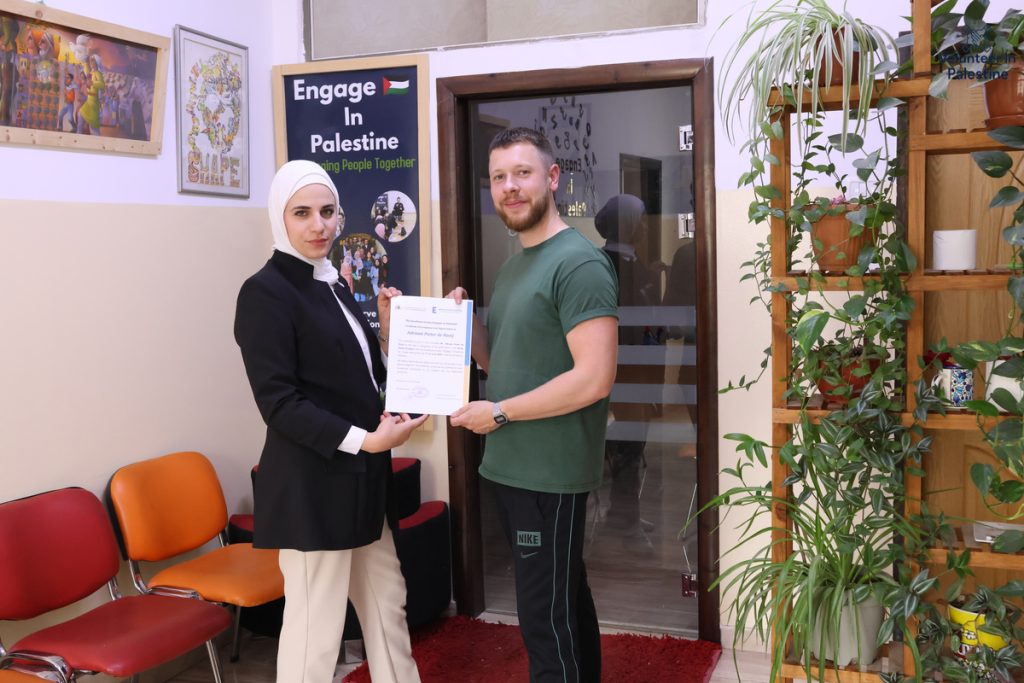
They have similar ways of saying words, grammar rules, and even some of the same words in their vocabulary. So, if you understand one of these dialects, you might find it easier to understand the others too! It’s like having a big language family that stretches across the region of the Levant, connecting people through their way of speaking.
3. Historical Influences
Another fun fact about the Palestinian Arabic dialect is that it has been influenced by various historical events and cultural interactions. It includes elements from ancient Semitic languages, Ottoman Turkish, English, and Hebrew, reflecting Palestine’s diverse history and cultural heritage.

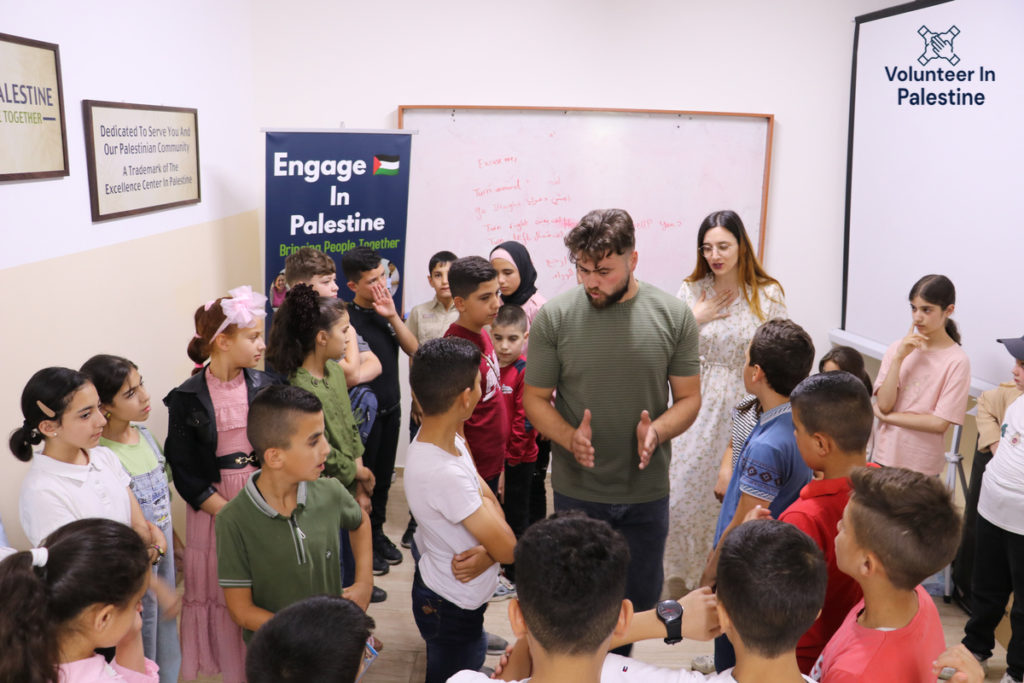
4. Arabic Dialectal Diversity
Even within Palestine, there are different ways of speaking Palestinian Arabic. Imagine if you traveled from one city to another in Palestine—you might notice that people talk a bit differently in each place!
For instance, the way Palestinian people speak in Ramallah might have some differences compared to how they speak in Gaza City, Hebron, or Nablus. These regional variations of Palestinian Arabic add even more richness and flavor to the Arabic language, showing how diverse and colorful Palestinian culture truly is.
5. Key Features
In Palestinian Arabic, you might notice some unique sounds and words that make it special. For example, the letter ق (qaf) might sound a bit different compared to other Arabic dialects—it’s pronounced with a deeper, throatier sound. Similarly, the letter غ (ghayn) has its distinct pronunciation, giving Palestinian Arabic its flavor.
When it comes to vocabulary, Palestinian Arabic is full of words and expressions that reflect Palestinian culture and daily life. For instance, you might hear terms related to traditional Palestinian foods like “mansaf” or “maqluba.” You might also come across expressions used in everyday conversations, such as “yalla” (let’s go) or “inshallah” (if God wills it).
6. Influence of Modern Standard Arabic (MSA)
While Palestinian Arabic serves as the primary spoken language, Modern Standard Arabic (MSA) is employed in formal settings like education, media, and literature. Palestinians usually acquire MSA in school and employ it in formal written communication. Another interesting fact about the Palestinian Arabic dialect is that it has evolved to be the dialect closest to Modern Standard Arabic, with the variant spoken in the Gaza Strip serving as the primary example.
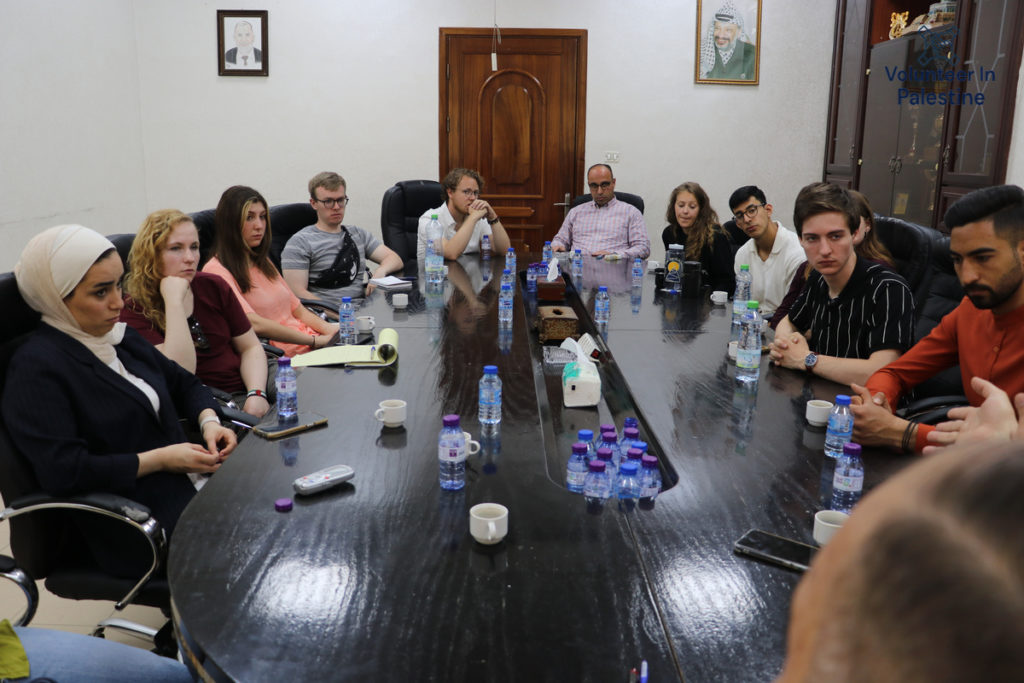
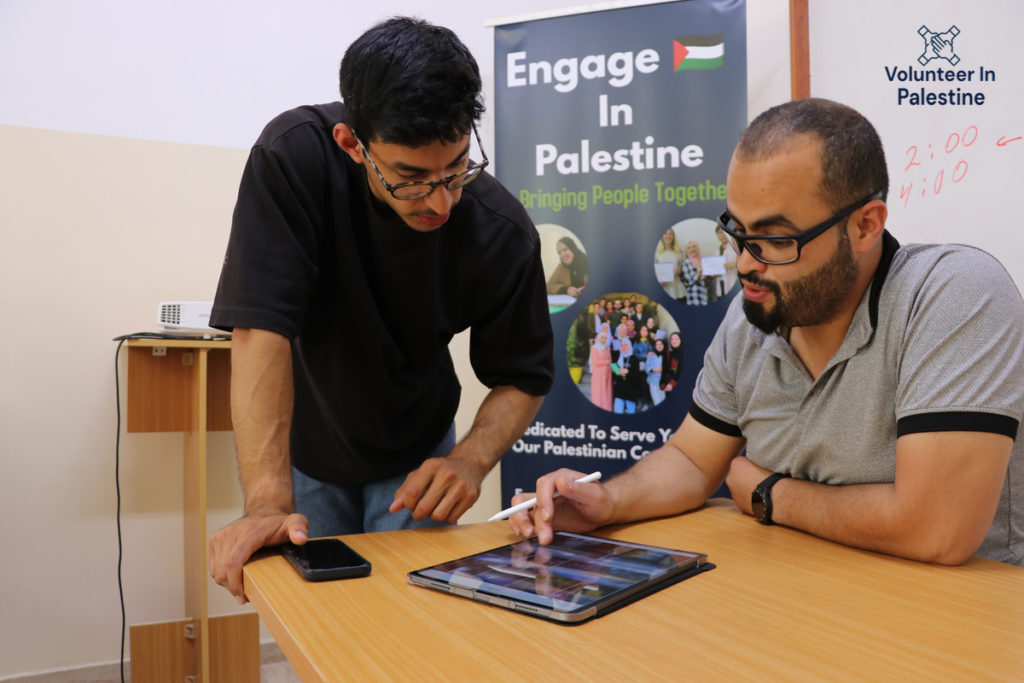
7. Cultural Significance
Palestinian Arabic isn’t just a way of talking—it’s a key part of what it means to be Palestinian. It’s woven into the fabric of Palestinian identity and culture, shaping how people express themselves and connect with their heritage. Palestinian Arabic is present in every aspect of Palestinian life. It appears in poetry, capturing the beauty of the land and the struggles of the people. It’s present in music, celebrating Palestinian resilience and resistance. In literature, it narrates the tales of past and present generations. Most importantly, in everyday interactions among Palestinians, language serves as a powerful tool for building community and preserving traditions.
8. Five Famous Words In Palestinian Arabic
In Palestinian Arabic, characterized by its rich cultural heritage, everyday conversations are enriched by common expressions like ‘yalla’ (let’s go), ‘inshallah’ (God willing), ‘salam’ (hello), ‘mabrook’ (congratulations), and ‘habibi’ (my dear), each carrying its unique significance and reflecting the warmth and hospitality of Palestinian culture. These words are not just linguistic tools but also embody the spirit of connection, hope, celebration, and affection deeply ingrained in Palestinian society.
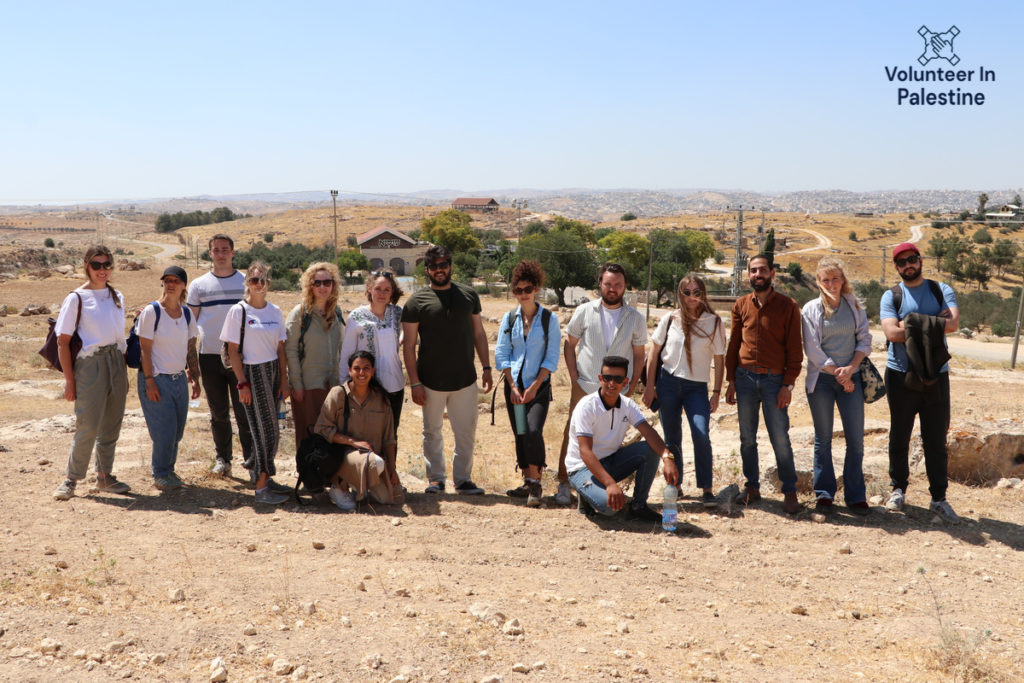
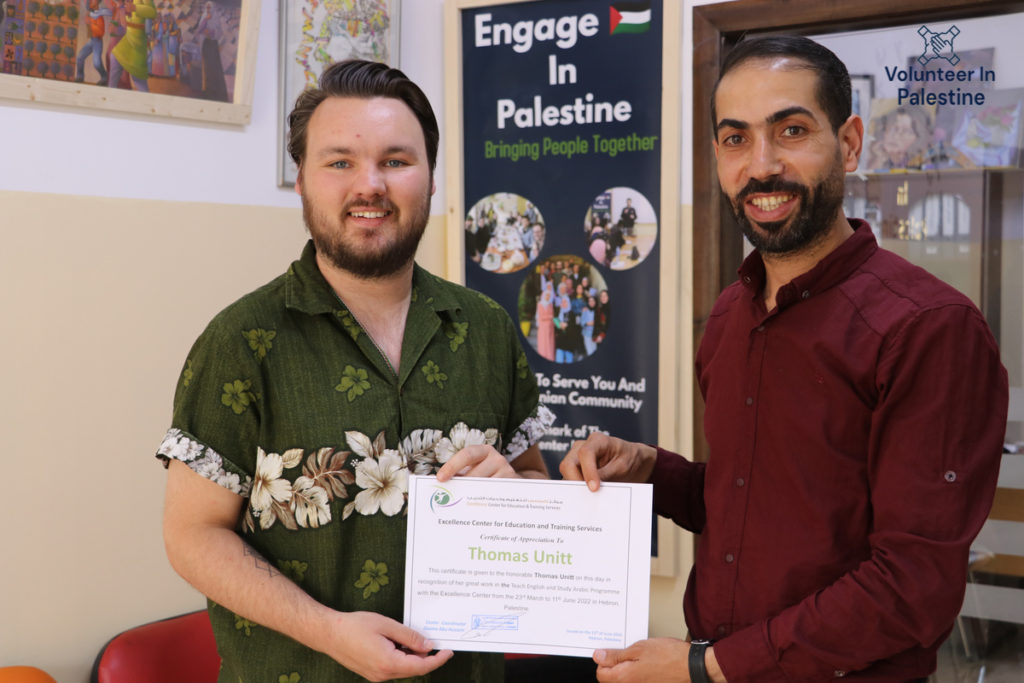
9. Essential Books for Learning Palestinian Arabic Dialect
You can use the same Levantine Arabic books to learn Palestinian Arabic; however, here are some of the most famous and beneficial books specifically tailored for studying the Palestinian dialect:
- Palestinian Colloquial Arabic Vocabulary” by Ahmed Younis
- Palestinian Colloquial Arabic: An Introduction to the Spoken Dialect” by Nasser Isleem
- Palestinian Arabic Verbs: Conjugation Tables and Grammar” by Matthew Aldrich and Ahmed Younis
10. Where Can You Study Arabic in Palestine?
The answer is quite easy if you’re considering where to study Arabic in Palestine. The West Bank is one of the best choices for studying Arabic. Palestinians love meeting new people, introducing their Arabic culture, and supporting students in any way they can. Furthermore, the spoken Arabic in Palestine is Levantine Arabic, which is the closest to Modern Standard Arabic. This is why it makes Palestine a great place to study Arabic. Additionally, there are many intensive Arabic programs with great reviews at affordable prices. Below, we will offer some of the best language centers and organizations that offer Arabic lessons in Palestine.
For those looking to engage and learn Arabic in Palestine in more ways than just school, and perhaps combine that with Arabic language learning, there are a few other language schools that you should check out:
1. Travel to Palestine
The Travel to Palestine organization aims to enable tourists to come to Palestine and experience its rich culture. This is a land rich with history, hospitality, and generous people, and you can experience all of that through the Travel to Palestine organization. They offer intensive Palestinian Arabic courses as well as online lessons.
2. Excellence Center
The Excellence Center in Palestine has the experience of more than 13 years of offering Arabic programs (Levantine Arabic, Modern Standards Arabic as well as Ammiyya Arabic) for nonnative speakers in the West Bank, founded in Hebron in 2011, serves as a language school offering Arabic language education to international students, interns, and volunteers. It also provides cultural immersion activities and community development services to Palestinian children, refugees, youth, women, and community members in Hebron.
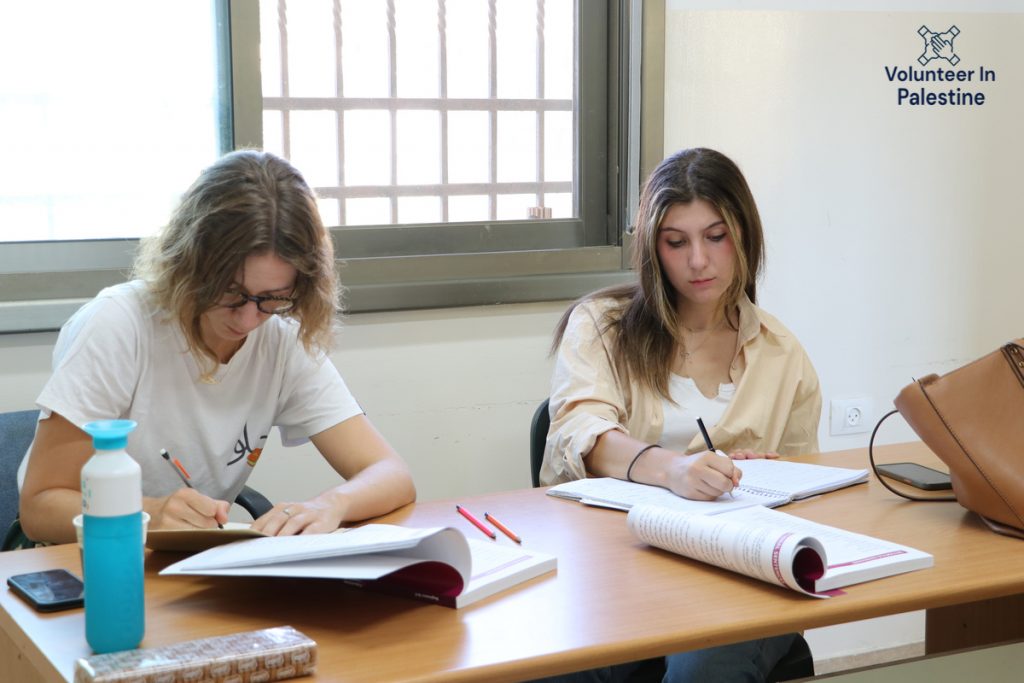
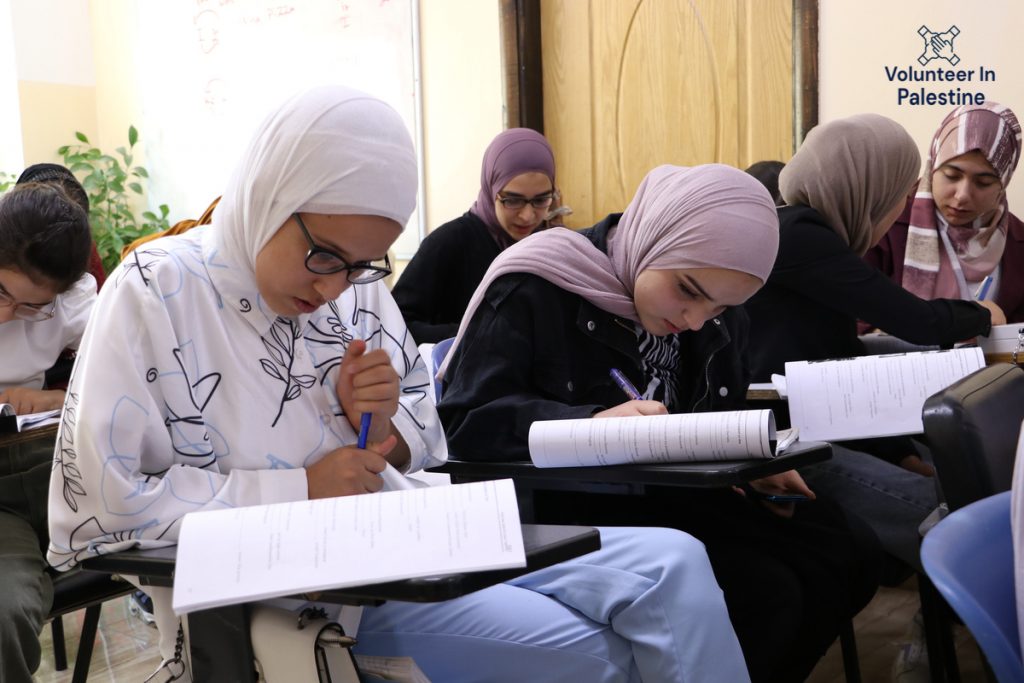
3. Salam Palestine
Salam Palestine, a community project in Hebron, Palestine, works with international volunteers to facilitate social and community development initiatives. Through workshops, events, and outreach programs, volunteers collaborate with residents to promote cultural exchange and improve social cohesion. The Center offers super intensive, intensive, and non-intensive Arabic courses for people who would like to stay for 1-13 weeks
4. Engage in Palestine
Engage in Palestine, based in Hebron, offers immersive experiences for international students who would like to go to Palestine and study Arabic in the West Bank, it is known for its Levantine (Shami) and Palestinian Arabic intensive lessons. Through diverse Arabic programs, participants engage in educational, social, and cultural initiatives, working alongside residents to support youth empowerment, women’s initiatives, and the well-being of Palestinian refugees.

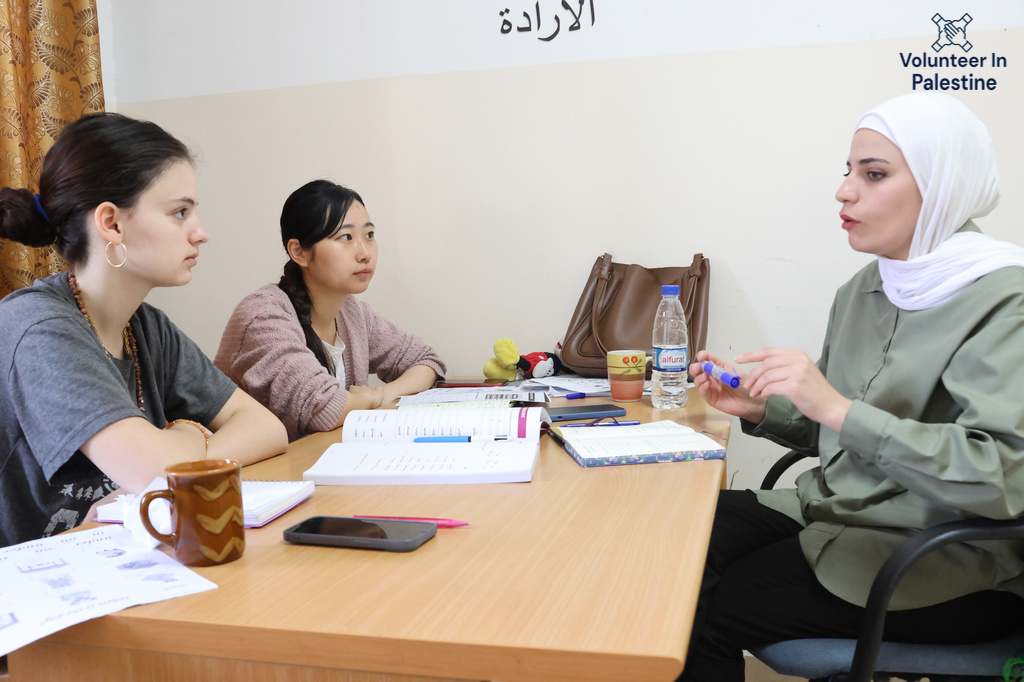
5. Volunteer in Palestine
Volunteer in Palestine offers Levantine, Palestinian, and Modern Standard Arabic courses at different levels such as super-intensive, intensive immersion as well as non-intensive programs for anyone interested in studying Arabic in the West Bank, Palestine. The organization has a lot of reviews and it is known for its community development programs.
6. Study In Palestine
Study In Palestine offers a broad range of options to include intensive Arabic courses and summer Arabic programs at multiple levels. These Arabic programs cover super-intensive, intensive immersion, and non-intensive Arabic choices, designed for those looking to study Levantine (Shami Arabic), Palestinian dialects, and Modern Standard Arabic in the West Bank, Palestine.
In Summary
There are many interesting and fun facts about the Palestinian Arabic dialect. Palestinian Arabic is a diverse and dynamic dialect that plays a pivotal role in Palestinian culture and identity. As a member of the broader Levantine Arabic family, which includes Jordanian, Lebanese, and Syrian Arabic, it shares linguistic features with other dialects in the region. Nevertheless, within Palestine, there are regional variations that contribute to the richness of the language.
What characters Palestinian Arabic are its unique pronunciation, vocabulary, and grammar, including distinctive sounds for letters like ق (qaf) and غ (ghayn). It reflects Palestinian culture and daily life through specific words, expressions, and idioms.
Beyond just a means of communication, Palestinian Arabic plays a vital role in cultural expression. It is common in poetry, music, literature, and everyday interactions, symbolizing Palestinian heritage and resilience. Through preserving and celebrating Palestinian Arabic, Palestinians uphold their language as a source of pride and connection to their history and identity.
Our Courses
At Volunteer in Palestine, we offer a diverse range of Arabic language programs tailored to meet the unique needs and interests of our students. Whether you are looking for intensive on-site courses, specialized programs focusing on media or politics, or the flexibility of online learning, we have something for everyone. Below, you will find detailed tables outlining our course offerings, designed to help you choose the program that best fits your goals and schedule.
Dive into our course options and start your journey towards mastering the Arabic language today.
Intensive Programs
Study Arabic (Special Programs)
Online Courses
| Online Arabic Courses | Study Palestinian Arabic Online |
| Study Levantine Arabic Online | Human Rights And Politics In Palestine |
| Study Modern Standard Arabic Online |
Find Us Online
Did you like the fun facts about Palestinian Arabic dialect, and you have some questions for us? You can contact us via email: Info@ecpalestine.org, WhatsApp, or phone: +972 599-479-880
Tags: advanced Arabic language lessons for fluency, affordable Arabic language lessons online, Arabic language courses for all levels, Arabic language grammar lessons explained, Arabic language lessons focusing on dialects, Arabic language lessons for adults and kids, Arabic language lessons for fluent speaking, Arabic language lessons for travelers, Arabic language pronunciation lessons, Arabic language vocabulary lessons for students, beginner Arabic language lessons online, best Arabic language lessons for beginners, best platforms for Arabic language lessons, intensive Arabic language lessons online, learn Arabic language fast with interactive lessons, learn Modern Standard Arabic through lessons, Learn the Arabic language with online lessons, learn to write and speak Arabic through lessons, master the Arabic language with professional lessons, online Arabic language tutoring and lessons



